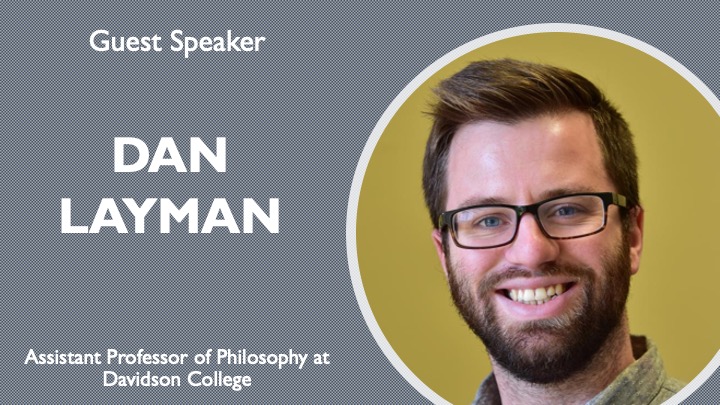
On Monday, September 21st, the Deliberative Citizenship Initiative hosted an online guest lecture on “robust deliberative democracy.” Deliberative democracy aspires to secure political liberty by making citizens the authors of their laws. But how can it achieve this end in the face of deep disagreement, imperfect knowledge and limited altruism?
In his talk, Dr. Layman, Assistant Professor of Philosophy at Davidson College, addressed this question by distinguishing between two forms of deliberative democracy and arguing that one of these forms can indeed overcome these three challenges, and does so in ways that are morally preferable to political systems based on voting or markets without deliberation.
This talk is based on a paper published by Dr. Layman on “Robust Deliberative Democracy” in Critical Review. In that article, Dr. Layman takes up and responds to critiques of the deliberative democracy project by Mark Pennington and others, and he concludes that there is indeed a “place for deliberative democracy in a robust political economy.” Check out the video of the talk below to learn more as Dr. Layman reviews the insights from his paper and addresses questions from the moderator and the online audience.
The talk was moderated by DCI’s Faculty Director, Professor Graham Bullock, and attended by Davidson students, faculty, staff, and members of the broader public.
